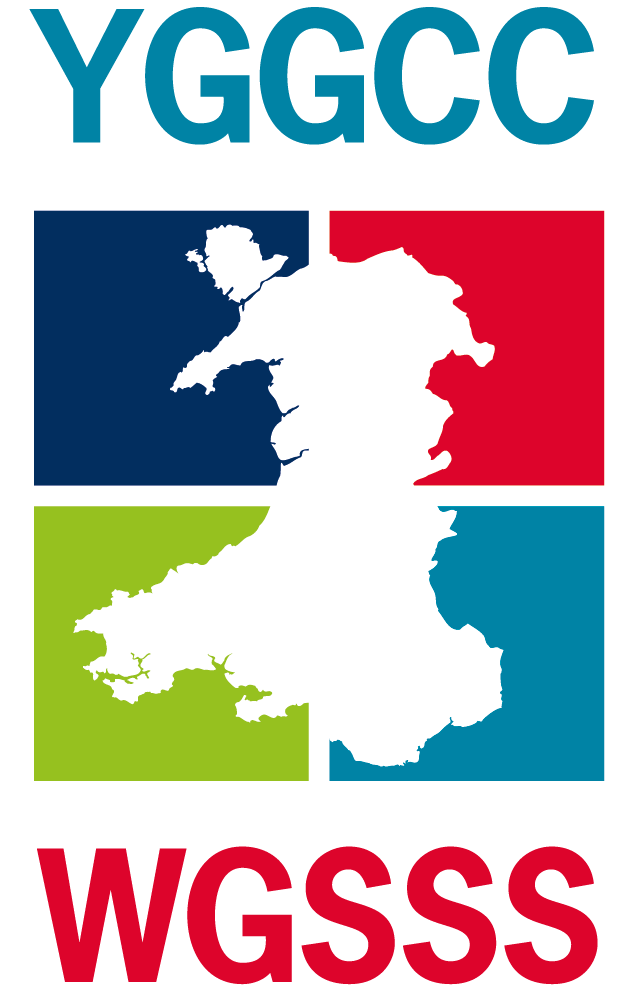Non-combatants on the “front line”: British Army control of servicewomen’s war labour in Northern Ireland

My doctoral thesis explores understandings of war through the story of how the British Army wields power over women’s war labour. Empirically, the study examines where women were in relation to the ‘front line’ and finds them to have been operating as ‘front line’ counterinsurgents across the decades, undermining the misconception that servicewomen have a history of ever-increasing integration. Theoretically, the thesis brings together the negotiated order of John Hockey (1986) and the gender order of Raewyn Connell (1987), to conceptualise its findings through the framework of a negotiated gender order or ‘bargain’ between the British Army and servicewomen.
The British Army has controlled women’s war labour through the hitherto unseen cumulative effect of hiding, containing or making acceptable their presence by their discursive construction of campaign narratives, military femininities and ‘front line combat’ whilst servicewomen have repeatedly transgressed these imposed boundaries. Methodologically, this research applies a critical feminist discourse analysis to harness women’s voices as situated and subjugated knowledges in order to expose the workings of this gendered system of knowledge production. In narrating their own war stories, women’s voices illuminate their messy positionality, demonstrating how they were, at once, controlled and permitted a limited agency.
This ESRC postdoctoral fellowship is providing time to build on my research findings – enabled by my unique access as a former servicewoman – by investigating, through a pilot study, the under-researched role of British servicewomen during the Troubles and exploring the role of bodies/uniform in shaping how their war labour was controlled. Adding to the critical military scholarship on embodied experiences of war and the military body (Purnell, 2021, Tynan & Godson, 2019, McSorley, 2015, Basham, 2013), this fellowship will provide a solid foundation for a future ESRC New Investigator’s Grant or Leverhulme Early Career Fellowship, working with servicewomen to foreground their bodies in telling their stories of ‘front line combat’ on contemporary operations.
@hannah_r_west
